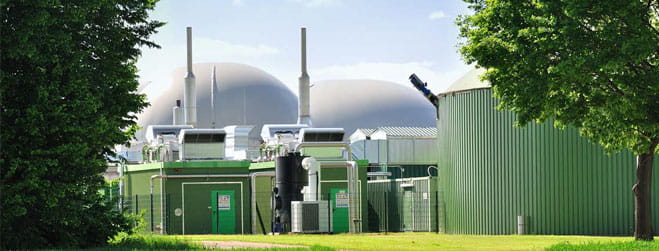Planning today for a reliable energy future
Over the next 30 years, Ontario's population is expected to grow by nearly 5.3 million1. To keep up with energy demands, we’re planning now to ensure our natural gas system can meet long-term energy needs, affordably and sustainably.
Through our regional Integrated Resource Planning (IRP) process, we forecast what energy demand will look like, determine whether a traditional pipe project or an alternative will meet the energy need, and then lay out a roadmap for how we’ll manage it. As part of this process, we gather input and feedback from communities on what matters most.

What options will regional plans explore?
Regional Integrated Resource Planning explores energy needs and the associated costs and benefits of a pipe or an alternative solution, such as:
- Conservation and demand management
- Energy options, such as compressed and renewable natural gas
- Pilot projects

Community engagement
We're gathering input from Indigenous groups and community stakeholders to help us understand what matters most. Stakeholders can include customers, intervenors, environmental groups, municipalities, government and other groups.
Thank you for attending our fall webinars across all our regions!
Here are links to the presentation slides:
- Toronto, GTA East & GTA West regions
Presentation slides | Q&A summary - Northern and Eastern regions
Presentation slides | Q&A summary - Southeast & Southwest regions
Presentation slides | Q&A summary








